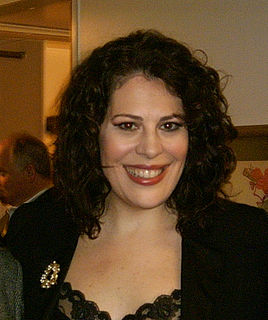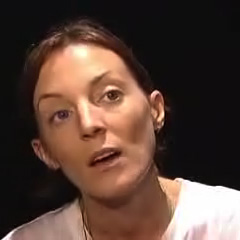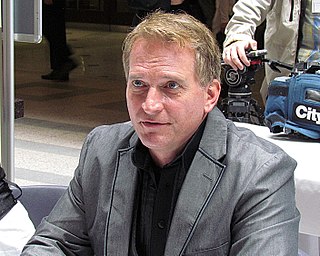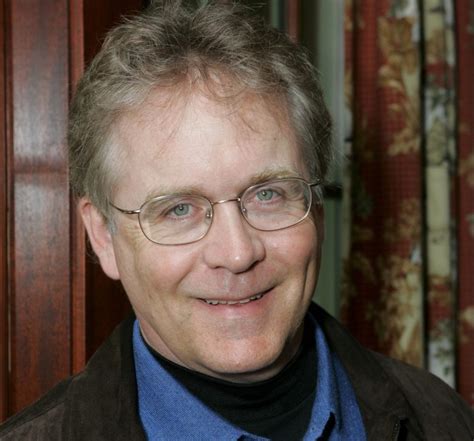A Quote by Elizabeth Rogers
There's something very environmental about quality. We live in such a disposable society, but real style doesn't change that much.
Related Quotes
So what is design all about? It [exists to] decrease the amount of vulgarity in the world ... to make the world a better place to be. It doesn’t have to be one style. We’re not talking about style, we’re talking about quality. Style is tangible, quality is intangible. I am talking about giving to everything that surrounds us a level of quality.
Human beings are themselves considered consumer goods to be used and then discarded. We have created a “disposable” culture which is now spreading. It is no longer simply about exploitation and oppression, but something new. Exclusion ultimately has to do with what it means to be a part of the society in which we live; those excluded are no longer society’s underside or its fringes or its disenfranchised – they are no longer even a part of it. The excluded are not the “exploited” but the outcast, the “leftovers”.
On the environment and climate change, I suspect that future generations will think there was too much timidity, too much fear of upsetting business. Basically, New Labour was very nervous about regulating business, or requiring it to do anything, even when there was a very clear social or environmental case for doing so.
Films can't change the society, they can simply open the space for the discussion which can lead to social change and can start new forms of social activism. I feel formally that I've scratched the surface of something very important about the nature of nonfiction film, about what we're very rarely honest about: When you film anybody, they start performing.

































